20 Surprising Health Benefits of Ginseng Tea
From hypertension to chronic pain, this medicinal beverage can help manage everything.

Image: Istock
If you love having tea and trying its different varieties, chances are you must have heard about the benefits of ginseng tea already. If not, then we are here to help you. Along with the antioxidant and polyphenol contents of your usual cup of milk tea, the herbal teas have their additional unique properties as well.
Ginseng tea is prepared from the ginseng root extract and is enriched with the goodness of the naturally occurring antioxidants called ginsenosides. These confer medicinal properties that can help you with menstrual cramps, asthma, digestive issues, and a few other significant health concerns. Read on to know more about the health benefits of ginseng tea and how you can prepare a cup of this goodness for yourself.
 Know Your Ingredient: Ginseng
Know Your Ingredient: GinsengWhat Is It?
A long radish-like fibrous root with a sweet aromatic flavor when dried and powdered.
What Are Its Benefits?
Along with strong anti-aging effects, it helps regulate energy levels, stamina, blood sugar, immunity, and cardiovascular health, and detoxifies the blood.
Who Can Consume It?
It can be consumed by people trying to manage fatigue and strengthen the immune system.
How Often?
It can be taken daily followed by regular intervals, based on doctor’s recommendations.
Caution
Should be consumed after consulting an experienced herbalist, as overconsumption can lead to nervousness and insomnia.
In This Article
Healing Elements Of Ginseng Tea
Ginsenosides: Also called panaxosides, these compounds are the most active ingredients with healing properties in a ginseng root. They are the most sought-after natural saponins in nature that can penetrate cells to improve resistance to stress and enhance cellular balance (1).
Spices: You can combine other spices along with ginseng root like cinnamon, ginger, and apple cider to make your tea more flavorful and potent.
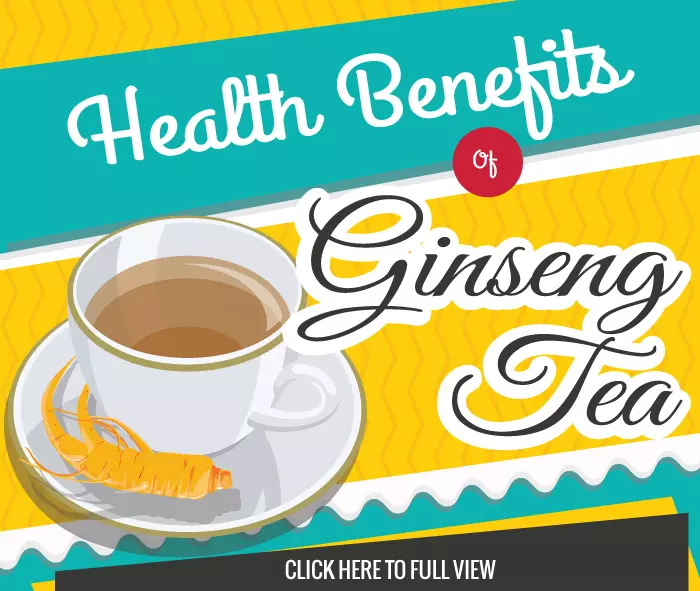
Click here to view an enlarged version of this infographic
Key Takeaways
- Ginseng improves brain function, heart function, immunity, and respiratory health.
- Ginseng lowers the risk of cancer and reduces inflammation and stress, and regulates blood sugar and libido.
- Ginseng fights signs of aging and detoxifies blood, and enhances energy and endurance.
- When consumed too much, it may cause gastrointestinal problems, insomnia, blood clots, and hormonal imbalances.
What Are the Proposed Benefits Of Ginseng Tea?
- Relieves Menstrual Problems
- Treats Hypertension
- Helps In Weight Reduction
- Reduces The Risk Of Cancer
- Brain Revitalizing Agent
- Treats Sexual Dysfunction
- Improves Digestion
- Has Anti-Aging Properties
- Clears The Respiratory System
- Boosts Your Immunity
- Stabilizes The Sugar Levels
- Reduces Chronic Pain
- Cure For Radiation
- Rehydrates The Skin
- Helps In Blood Detoxification
- Fights ADHD
- Treats Neurodegenerative Diseases
- Prevents Strokes
- Works Wonders Against Reducing Stressn
- Stabilizes Inflammatory Cytokines In Kids
Ginseng tea is considered one of the most sought-after herbal remedies and natural ingredients, consumed for its nutritional value, in supplement and tea form. Its proposed benefits are stated below in brief:
1. Relieves Menstrual Problems

Ginseng can also help relieve pain and discomfort during menstrual cycles.
Why Does It Work
American wild ginseng tea is known for its cooling and soothing effects. It contains micronutrients that support estrogenic activity, easing stress from vaginal muscles, thus providing relief from menstrual cramps (2).
 Trivia
Trivia2. Treats Hypertension
Ginseng tea is also an effective remedy to counter fluctuating blood pressure.
Why Does It Work
Asian ginseng tea, also known as Korean ginseng tea, has a calming effect. It helps lower blood pressure and provides relief from diseases like hypertension (3). It has been used as a traditional medicine in Korea, made usually with ginseng plant root.
3. Ginseng Tea For Weight Loss
Obesity is increasingly becoming a life-threatening health issue. If you are trying to lose some weight, include ginseng tea in your diet.
Why Does It Work
Ginseng herbal tea is known to help with weight management. A natural appetite suppressant, drink this daily to melt those extra layers of fat from your body (4). It boosts the body’s metabolism and burns fat. Unlike other ‘miracle’ weight loss methods, ginseng tea does not cause any side effects but helps you lose weight. But remember, ginseng tea alone cannot help you lose weight. Combine it with a healthy diet and an appropriate workout regimen for best results.
4. Reduces The Risk Of Cancer
According to studies, it has been found that people who consume ginseng tea are less likely to have cancer.
Why Does It Work
Hailed as a life-giving plant, scientific studies have proved that the ginseng root has anti-cancer properties. The ginsenosides compound have shown to have an effect against deviant molecular processes causing the deadly disease. Research has also shown its potential to kill cancer cells and inhibit cancer’s uncontrolled growth, invasiveness, and angiogenesisi The process of growth of new blood vessels that helps in wound healing, and is an essential part of the body’s development. (5). Ginsenosides, present in ginseng tea, are known to stop the growth of tumor cells. Even medical practitioners recommend ginseng tea as a cancer preventive measure.
5. Brain Revitalizing Agent
It can also help make you more attentive and enhance your cognitive functions and abilities.
Why Does It Work
Ginseng tea is believed to be extremely helpful for students. It acts as a stimulant to the brain cells, thus improving the powers of concentration and cognitive abilities (6). With increased retentive capabilities and alertness, no examination can be too daunting.
6. Treats Sexual Dysfunction
Now, if your reaction is really? Read on to know how it helps.
Why Does It Work
Ginseng root tea is known to be a prosexual herb that helps treat sexual problems like erectile dysfunction (7). It has been clinically proven to contain phyto (plant) testosterone that can effectively increase sperm count in men (8).
7. Improves Digestion

If digestive problems are troubling you, try a cup of ginseng tea.
Why Does It Work
Ginseng tea helps the normal secretion of pepsin aiding digestion (9). It relieves constipation, bloating, and flatulencei A condition characterized by the accumulation and release of gas from the digestive system and through the anus, also called farting. . It also helps provide relief from the symptoms of Crohn’s Disorder (10).
8. Has Anti-Aging Properties
Ginseng tea also reduces instances of premature skin aging.
Why Does It Work
The consumption of Korean red ginseng tea can reduce the signs of premature aging. This tea is a rich source of antioxidants that can halt free radical formation caused by overexposure to the sun (11). Free radicals are responsible for the early signs of aging like wrinkles, fine lines, and age spots.
9. Clears The Respiratory System
It can also soothe respiratory problems.
Why Does It Work
American and Siberian ginseng teas help clear blocked sinuses and bronchial passages as well as reduce inflammation (12). They offer effective treatment for patients suffering from a severe cough, asthma, cold, and pneumoniai A life-threatening condition where the lungs are inflamed due to a bacterial, fungal, or viral infection. .
10. Boosts Your Immunity
It also helps keep you away from cold and flu.
Why Does It Work
Ginseng tea helps in strengthening the immune system (13). It also enhances the efficacy of the stress adapters of the immune system and helps you steer clear of common ailments like cold and flu.
11. Stabilizes The Sugar Levels
Ginseng tea helps regulate sugar levels in the blood.
Why Does It Work
According to research, the ginsenosides in American ginseng tea help control the blood sugar levels in the body, maintain proper functioning of the pancreas, and also enhance the response power of the body to insulin (14).
12. Reduces Chronic Pain
One of the effective ginseng tea health benefits. It also helps reduce effects resulting from chronic pain.
Why Does It Work
Studies have revealed that Siberian ginseng tea has anti-inflammatory properties. Herbalists recommend its use to cure conditions related to inflammation like arthritis and other chronic pains (15).
13. Cure For Radiation
Ginseng tea has been found to be an effective prophylactici A specific treatment method, like getting your teeth cleaned or using vaccines, intended to prevent potential diseases. against the effects of radiation treatment.
Why Does It Work
The ginsenosides present in ginseng tea have been found to preserve the cells by boosting immunity and providing protection against radiation therapy (16).
14. Rehydrates The Skin

We all know using ginseng for the skin is particularly perfect for refining and rehydrating your skin. Even in the tea form, it is very beneficial. Ginseng tea is also known for regenerating skin cells by increasing oxygenation. It acts as a skin cleanser as well as refreshes your skin.
Why Does It Work
Add herbal ginseng tea to your bath, as it helps in rehydrating and refining your skin by maintaining the fluid balance in your body and increasing elasticity (17)
15. Helps In Blood Detoxification
Ginseng tea promotes blood circulation and purifies it as well.
Why Does It Work
Clinical experiments have found that ginseng tea helps lower toxicity levels in your blood that otherwise exert pressure on your liver. It is also mildly diuretic. All of these contribute towards purifying your blood (18).
16. Fights ADHD
Did you know that making your kids drink ginseng tea can save them from falling prey to ADHDi Attention deficit hyperactivity disorder, a chronic condition with impulsive behavior/hyperactivity that may slow down brain development. ?
Why Does It Work
According to a study, a perfect combination of American ginseng and Ginkgo Biloba can improve the symptoms surrounding the Attention Deficit Hyperactivity Disorder in kids (19).
17. Treats Neurodegenerative Diseases
Parkinson’s, Alzheimer’s—the very mention of these neurological disorders scare the hell out of you. But studies have found that having ginseng tea can help in controlling and treating them.
Why Does It Work
The neuroprotective properties (antioxidant, homeostasis, anti-apoptic and immunostimulatory) of Korean red ginseng helps prevent neurodegenerative diseasesi A group of diseases that degenerate and cause the death of the cells in the brain, like Alzheimer's disease or Parkinson's. (20).
18. Prevents Strokes
Its effectiveness against strokes is another surprising benefit Asian ginseng serves.
Why Does It Work
Ginseng’s antioxidant and anti-inflammatory properties help in its prevention against fatal strokes (21).
19. Works Wonders Against Reducing Stress
Ginseng is an excellent de-stress agent and helps in pepping up your mood. So, try having a cup of hot ginseng tea after a long day for stress relief.
Why Does It Work
Ginseng’s ability to calm the nerves and improve blood circulation in the brain helps bring down mood swings, thus making you happy and healthy.
20. Stabilizes Inflammatory Cytokines In Kids
Chemotherapyi An effective treatment used to destroy cancer cells with an aim to reduce the risk of further tumor growth. is painful and its after-effects worse. Studies have found that ginseng has a property that deals with stabilizing the after-effects of inflammatory cytokinesi Small proteins in the cells that promote their growth and play a vital role in the immune system function. resulting from chemotherapyi An effective treatment used to destroy cancer cells with an aim to reduce the risk of further tumor growth. among kids who have cancer (22)
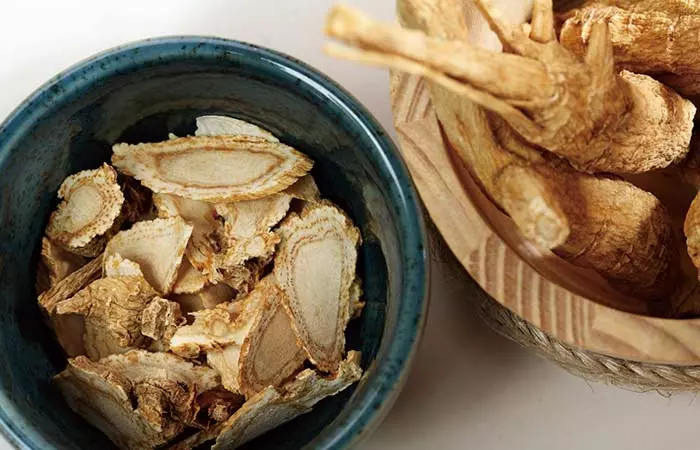
Ginseng Tea Nutritional Facts
Here is an overview of the nutritional benefits of ginseng tea.
| Serving Size: 8 fl oz, 240 ml, 0.3 can | |
| Amount per serving | Calories from fat 0 |
|---|---|
| Total fat: 0 g | 0 % |
| Saturated fat: 0 g | 0 % |
| Trans fat: 0 g | 0 % |
| Polyunsaturated fat: 0 g | 0 % |
| Monounsaturated fat: 0 g | 0 % |
| Cholesterol: 0 mg | 0 % |
| Sodium: 20 mg | 1 % |
| Total carbohydrates: 18 g | 6 % |
| Dietary fiber: 0 g | 0 % |
| Sugar: 17 g | |
| Protein: 0 g | 0 % |
| Vitamin A | 0 % |
| Vitamin C | 25 % |
| Calcium | 0 % |
| Iron | 0 % |
Selection
When you are picking ginseng roots, make sure they do not have any soft spots. Sometimes, dried Korean ginseng root is available; you can use that as well. Or, you can find ready shavings of ginseng root that you simply add to your tea.
Brewing Ginseng Tea
What You Need
- Ginseng Root
- Water
- Spices like cardamom, ginger, etc
Now that you know korean ginseng tea benefits, it’s time to learn how to make ginseng tea at home:
- If you have a whole root, use a sharp knife to slice up thin shavings.
- You can choose to use store-bought dried ginseng root shavings.
- Use at least one teaspoon of the ginseng shavings for making the tea.
- Put the shavings in a tea ball (available at any grocery store) and dip it in the water on the stove.
- Wait for the water to come to a boil, and then, take it off the flame.
- Allow the water to cool a little bit before pouring it into a cup.
- Dip the tea ball with the ginseng root shavings in the cup and allow it to steep for about five minutes.
- If you like your tea strong, leave the tea ball steeping for longer.
- Once you are satisfied, remove the tea ball and enjoy a blissful cup of piping hot ginseng root tea and reap its benefits.
Do you want to know what the tea tastes like before you try it? Well, we have discussed the same in the next section.
What Does Ginseng Tea Taste Like?
This tea has an earthy taste with slight hints of bitterness and sweetness. Its exact flavor may differ based on the variety of ginseng used and how it is prepared. While American ginseng tea tends to be milder and sweeter, Asian ginseng tea is more robust and bitter.
Other factors like the ginseng’s quality, age, the duration it has been steeped for, and the temperature of water used can also influence the tea’s taste. Some individuals also find the bitterness of this tea to be nicely balanced by its earthy and slightly sweet notes.
Ginseng tea is available in various types. Know more about them in detail in the following section.
 Quick Tip
Quick Tip
Types Of Ginseng Tea
There are four types of ginseng tea—Japanese ginseng tea, Siberian ginseng tea, Korean ginseng tea, and American ginseng tea.
Japanese Ginseng Tea: Also called Panax japonicam, this variety is much cheaper and found in small doses among herbal drinks in Japan.
Siberian Ginseng Tea: Although not a true ginseng as it does not resemble the root, yet has all its healing properties. It helps soothe viral infections causing flu as well as herpes.
Korean Ginseng Tea: Panax ginseng is also regarded as Asian ginseng tea and has far too many medicinal properties. It helps boost your memory as well as increase concentration and mental alertness. It also helps regain physical stamina and improve reproductive health.
American Ginseng Tea: Panax quinquefolius is found mostly in the North American states of Wisconsin and Georgia. It has a calming effect that helps soothe stress. It also helps relieve cramps and abdominal pain in women during their menstrual cycles.
All these varieties are implicit with certain elements that are highly beneficial for maintaining overall wellness and optimal health.
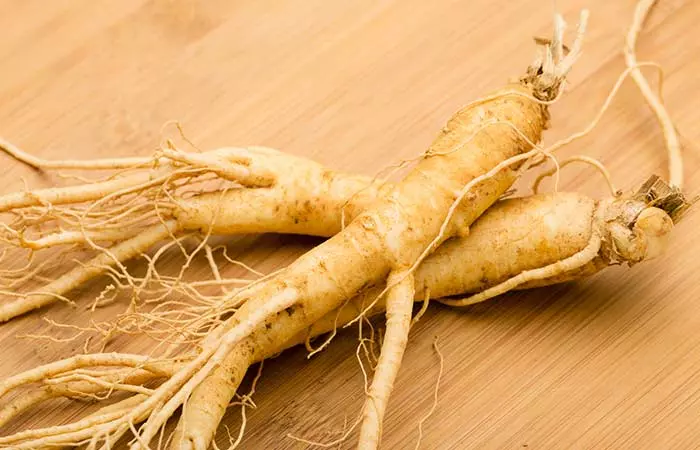
You can maximize the potential benefits of ginseng tea by consuming it the right way. Learn more below.
Usage Guidelines
The optimal dosage of ginseng tea can vary depending on individual factors, such as the person’s health, if they have any underlying health conditions or allergies, and their taste preferences. However, It is generally recommended to start with a lower dosage and gradually increase it as needed. Ginseng can also be combined with other herbs like chamomile or lavender for a calming and soothing blend.
Consult with a healthcare professional for personalized advice. Remember, while ginseng tea offers numerous benefits, it may lead to potential side effects in certain instances. Learn more in the next section.
Ginseng Tea Side Effects
Anything in excess can harm your body. The same rule applies to this particular tea as well. Here are some things you need to keep in mind before using ginseng tea:
- Gastrointestinal Problems: Excess doses of ginseng tea have been found to render a feeling of nausea, vomiting, other gastric problems and headache (2).
- Insomnia & Nervousness: Ginseng tea can sometimes be overstimulating and give you sleepless nights along with anxiety (2).
- May Cause Blood To Clot: Korean ginseng tea has been found to intervene with the blood clotting behavior of platelets according to a study by the University of Pittsburgh Medical Center (23).
- May Cause Hypoglycemia: Ginseng tea helps control blood sugar levels, but if you have diabetes, you need to be extremely careful. The effects of your medication coupled with the effects of ginseng tea can give you an insulin shock or, in other words, hypoglycemia (24).
- Hormonal Imbalances: Prolonged consumption of ginseng tea produces an estrogen-like effect. Due to its anticoagulanti A class of medications, commonly known as blood thinners, which slow down the blood clotting process in your body. effect, ginseng may cause vaginal bleeding in postmenopausal women. Owing to the excess estrogen in the blood, pregnant women and lactating mothers should avoid ginseng tea (25), (26).
Ginseng has rightfully earned its way to the top of the health herbs list. There is a reason health enthusiasts swear by this tea. It can help you rejuvenate as well as lead a healthy life—now isn’t that something we all want?
Infographic: Top 7 Reasons Ginseng Tea Is Good For You
Ginseng tea has been used for centuries to boost overall health and wellness. It is packed with antioxidants and polyphenols that reduce menstrual cramps, boost immunity, and reduce stress. We have rounded up the top reasons for adding ginseng tea to your diet in the infographic below. Scroll down to know more!

Illustration: StyleCraze Design Team
Ginseng tea is an herbal tea with unique therapeutic properties. Its antioxidant and polyphenol compoundsi Naturally occurring compounds containing antioxidant properties that boost immunity and prevent chronic disease in humans. are responsible for the many benefits of ginseng tea. Although it has many health benefits, its effectiveness as an alternate medicine is still being researched. Intake of ginseng tea may help relieve menstrual problems, treat hypertension, help in weight reduction, reduce the risk of cancer, treat sexual dysfunction, and improve digestion. However, its excess consumption may lead to nausea, vomiting, headache, insomnia, nervousness, and hormonal imbalances. Hence, consume it in moderation to enjoy its maximum benefits.
Frequently Asked Questions
How long does it take to feel the effects of ginseng?
Ginseng starts its action within 24 – 48 hours after consumption.
Should you take ginseng in the morning or at night?
It is better to take ginseng in the morning. As it may cause trouble sleeping, avoiding it during the night is ideal.
Are ginseng and ginger the same?
No, ginseng and ginger are two different plants. However, both are used for medicinal purposes.
Illustration: Surprising Health Benefits of Ginseng Tea
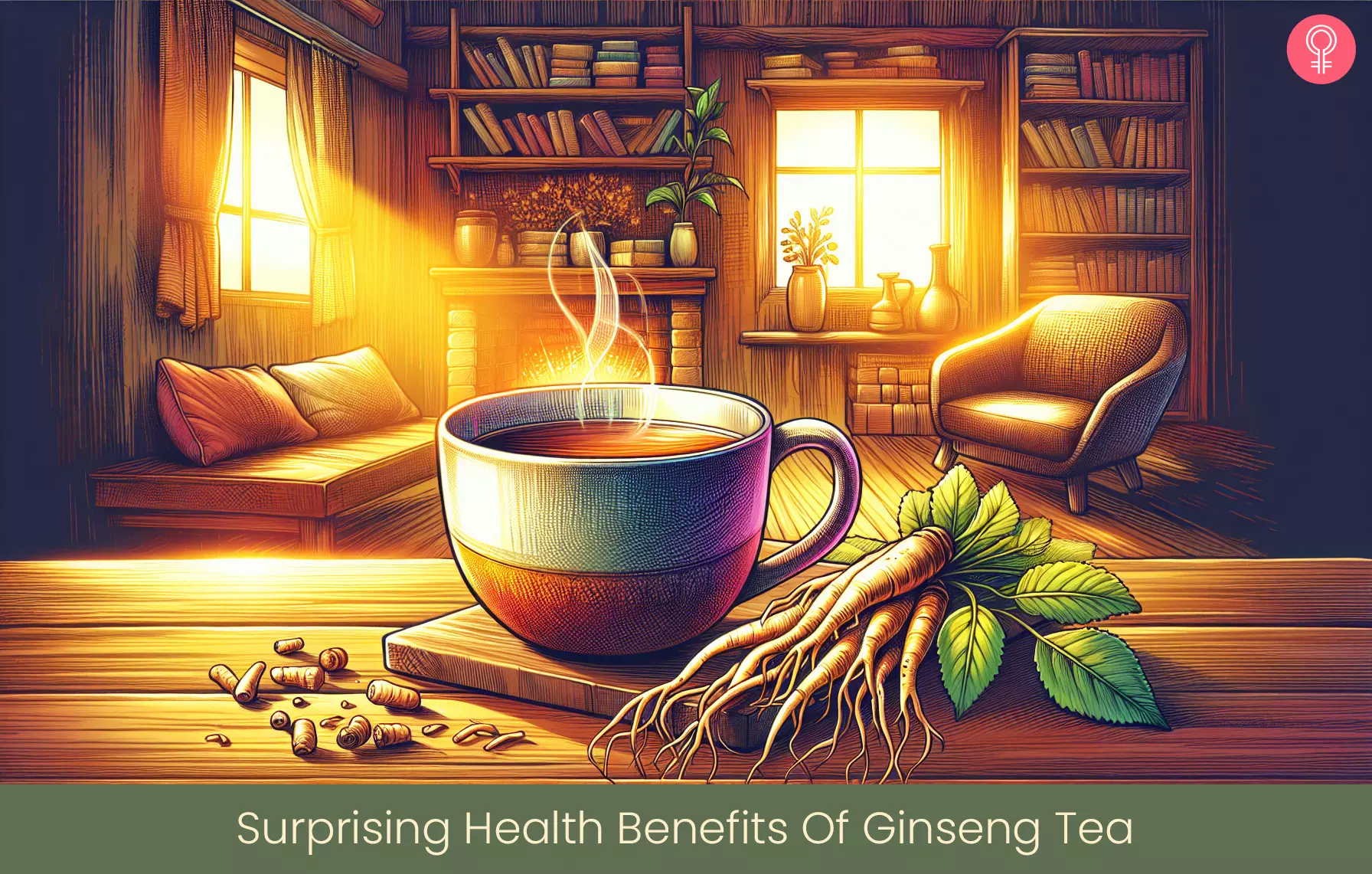
Image: Dall·E/StyleCraze Design Team
Learn about the amazing benefits of ginseng tea and how to make it. Check out the video to know more about how it can improve your overall health.
References
Articles on StyleCraze are backed by verified information from peer-reviewed and academic research papers, reputed organizations, research institutions, and medical associations to ensure accuracy and relevance. Read our editorial policy to learn more.
- Pharmacology of ginsenosides: a literature review
https://www.ncbi.nlm.nih.gov/pmc/articles/PMC2893180/ - Effects of Korean red ginseng (Panax Ginseng Meyer) on bisphenol A exposure and gynecologic complaints: single blind randomized clinical trial of efficacy and safety
https://www.ncbi.nlm.nih.gov/pmc/articles/PMC4122766/ - Cardiovascular Diseases and Panax ginseng: A Review on Molecular Mechanisms and Medical Applications
https://www.ncbi.nlm.nih.gov/pmc/articles/PMC3659571/ - Ginseng and obesity
https://www.ncbi.nlm.nih.gov/pmc/articles/PMC5766689/ - Red ginseng and cancer treatment
https://pubmed.ncbi.nlm.nih.gov/26850342/ - Effects of Korean Red Ginseng on Cognitive and Motor Function: A Double-blind Randomized Placebo-controlled Trial
https://www.ncbi.nlm.nih.gov/pmc/articles/PMC3659585/ - A double-blind crossover study evaluating the efficacy of korean red ginseng in patients with erectile dysfunction: a preliminary report
https://pubmed.ncbi.nlm.nih.gov/12394711/ - Ginseng and male reproductive function
https://www.ncbi.nlm.nih.gov/pmc/articles/PMC3861174/ - Effects of tissue cultured ginseng on gastric secretion and pepsin activity
https://pubmed.ncbi.nlm.nih.gov/1806658/ - Ginsenoside from ginseng: a promising treatment for inflammatory bowel disease
https://www.ncbi.nlm.nih.gov/pmc/articles/PMC8180475/ - Ginseng: An Nonnegligible Natural Remedy for Healthy Aging
https://www.ncbi.nlm.nih.gov/pmc/articles/PMC5758347/ - Pharmacological Efficacy of Ginseng against Respiratory Tract Infections
https://www.ncbi.nlm.nih.gov/pmc/articles/PMC8271507/ - Ginseng the ’Immunity Boost’: The Effects of Panax ginseng on Immune System
https://www.ncbi.nlm.nih.gov/pmc/articles/PMC3659612/ - Review of Ginseng Anti-Diabetic Studies
https://www.ncbi.nlm.nih.gov/pmc/articles/PMC6943541/ - Red Ginseng Extract Ameliorates Autoimmune Arthritis via Regulation of STAT3 Pathway Th17/Treg Balance and Osteoclastogenesis in Mice and Human
https://www.ncbi.nlm.nih.gov/pmc/articles/PMC4132415/ - Radioprotective potential of ginseng
https://pubmed.ncbi.nlm.nih.gov/15956041/ - The skin protective effects of compound K a metabolite of ginsenoside Rb1 from Panax ginseng
https://www.ncbi.nlm.nih.gov/pmc/articles/PMC5925615/ - Pharmacological Effects of Ginseng on Liver Functions and Diseases: A Minireview
https://www.ncbi.nlm.nih.gov/pmc/articles/PMC3446728/ - Effect of the herbal extract combination Panax quinquefolium and Ginkgo biloba on attention-deficit hyperactivity disorder: a pilot study
https://www.ncbi.nlm.nih.gov/pmc/articles/PMC1408291/ - Effects of Panax ginseng in Neurodegenerative Diseases
https://www.ncbi.nlm.nih.gov/pmc/articles/PMC3659610/ - Ginseng: a promising neuroprotective strategy in stroke
https://www.ncbi.nlm.nih.gov/pmc/articles/PMC4299449/ - The Effect of Red Ginseng Extract on Inflammatory Cytokines after Chemotherapy in Children
https://www.ncbi.nlm.nih.gov/pmc/articles/PMC3659604/ - Global deregulation of ginseng products may be a safety hazard to warfarin takers: solid evidence of ginseng-warfarin interaction
https://www.ncbi.nlm.nih.gov/pmc/articles/PMC5517508/ - The hypoglycemic effects of American red ginseng (Panax quinquefolius L.) on a diabetic mouse model
https://pubmed.ncbi.nlm.nih.gov/22757707/ - Review of cases of patient risk associated with ginseng abuse and misuse
https://www.ncbi.nlm.nih.gov/pmc/articles/PMC4452531/ - Ginseng for managing menopausal woman’s health
https://www.ncbi.nlm.nih.gov/pmc/articles/PMC5044908/
Read full bio of Kristen Arnold
Read full bio of Tanya Choudhary
Read full bio of Ravi Teja Tadimalla
Read full bio of Himanshi Mahajan







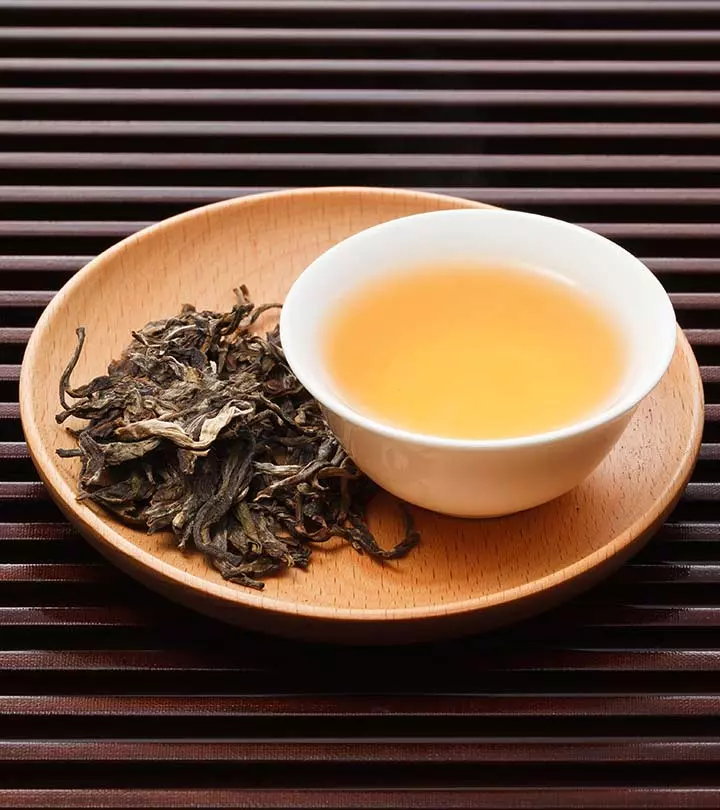
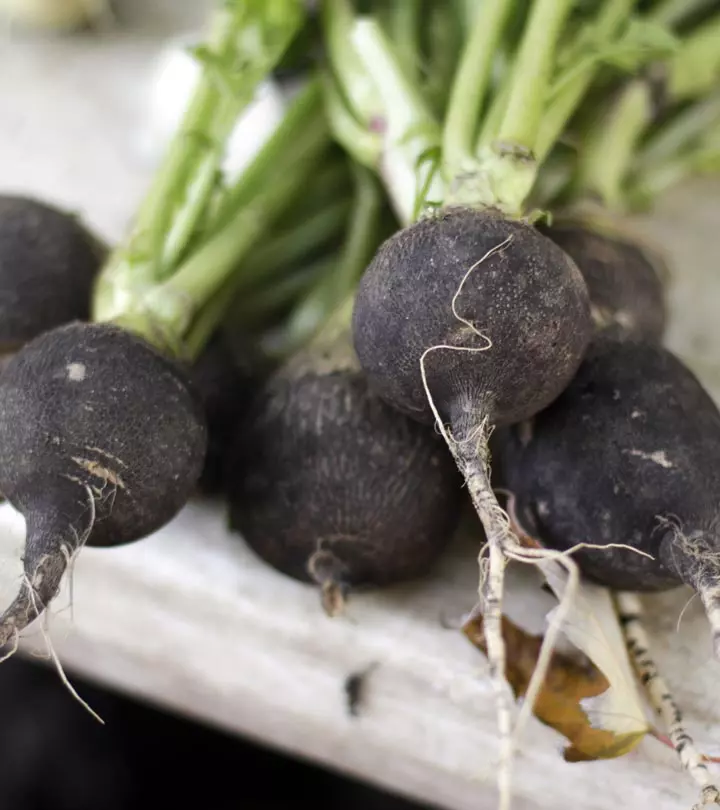

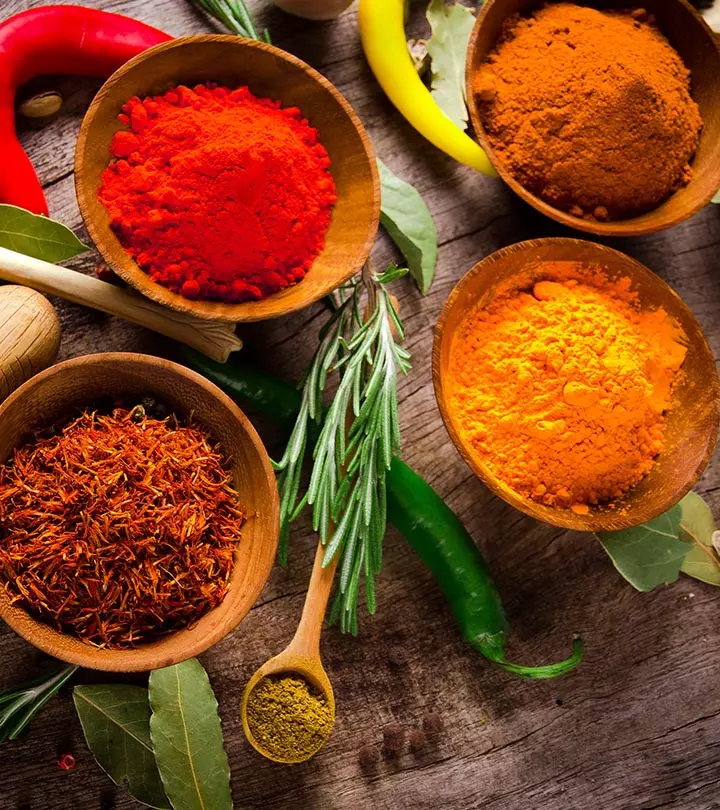
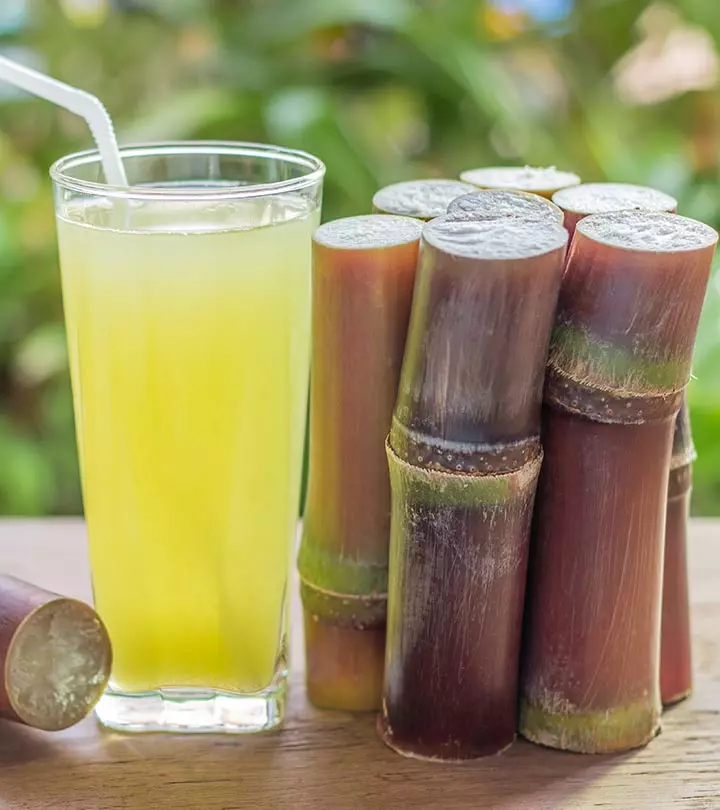
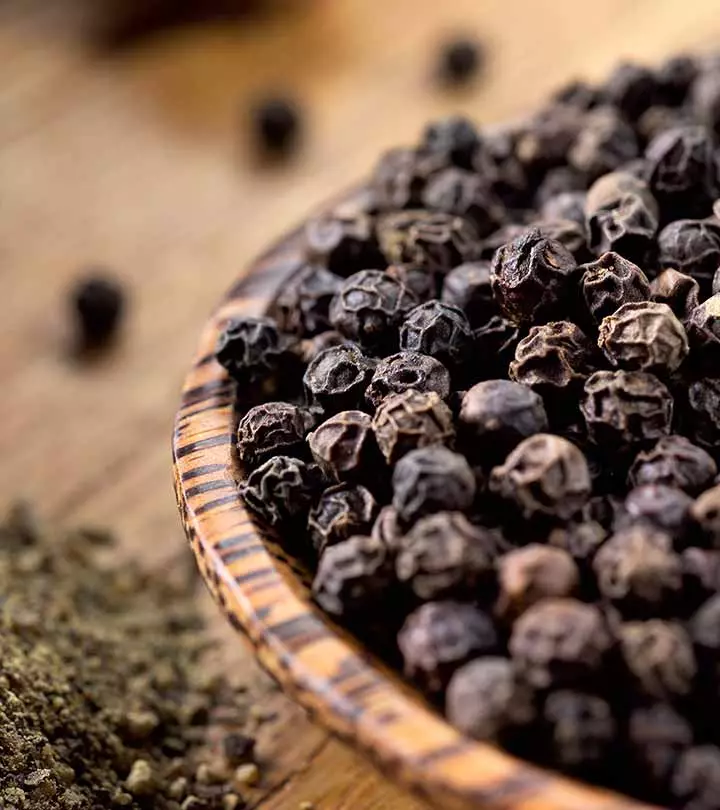
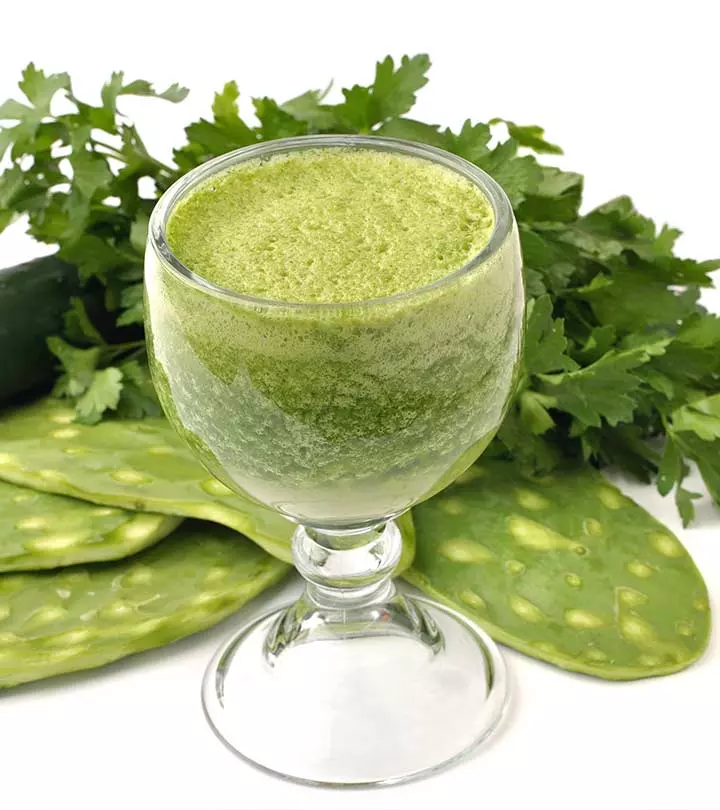
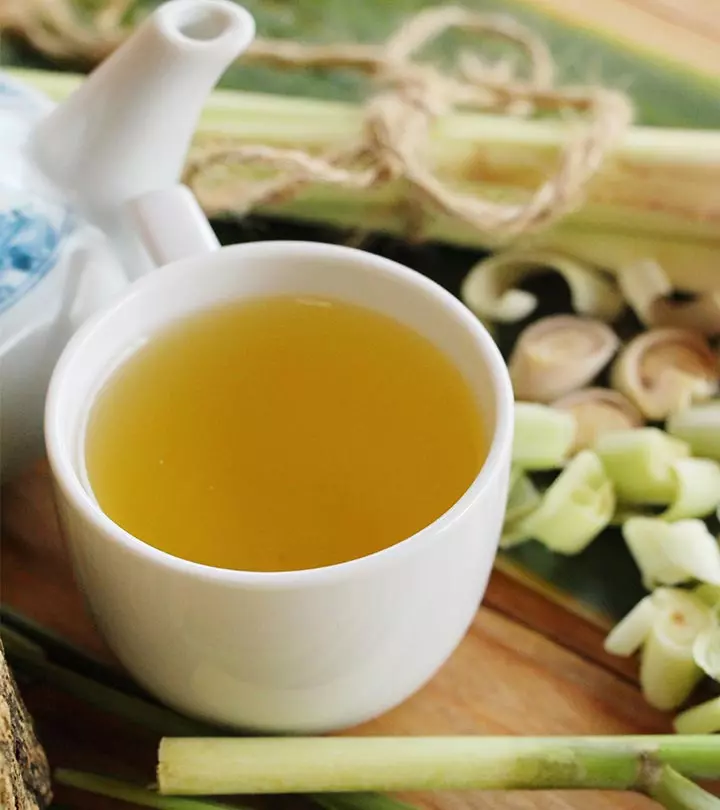
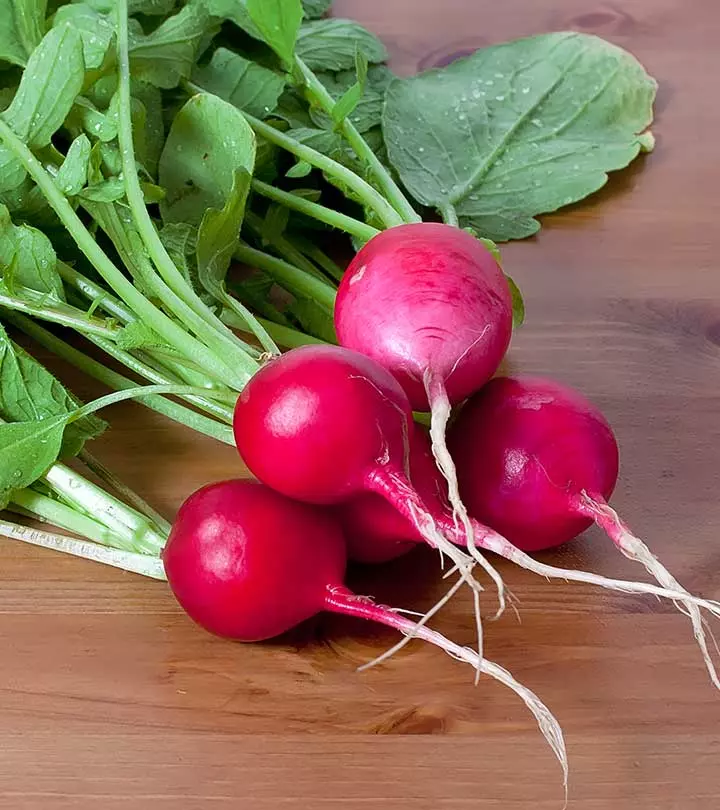
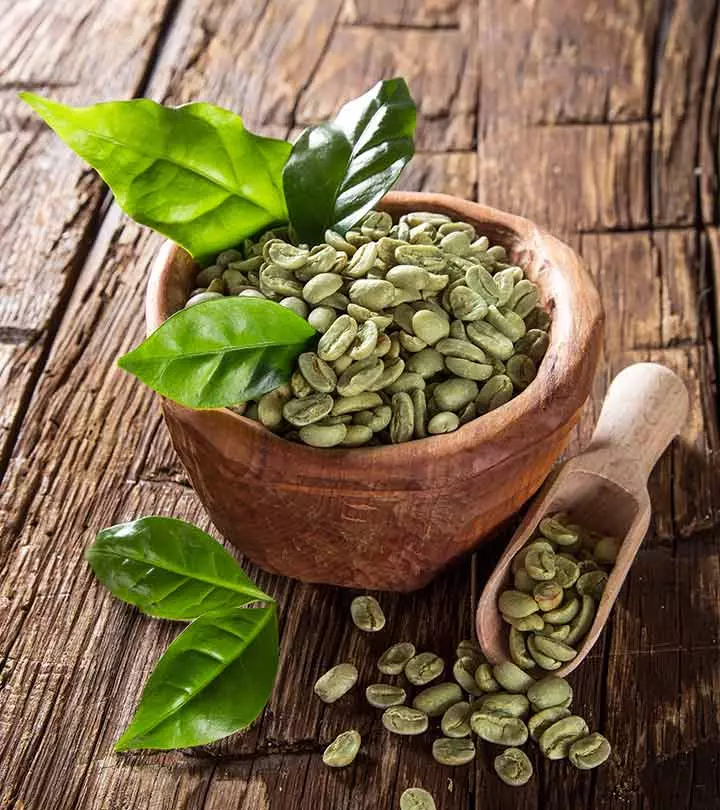
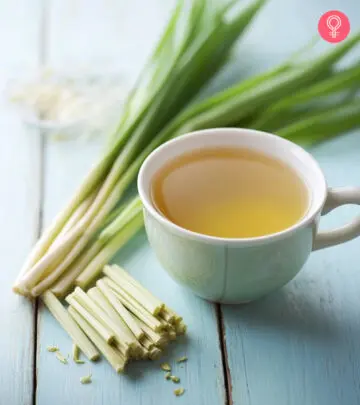




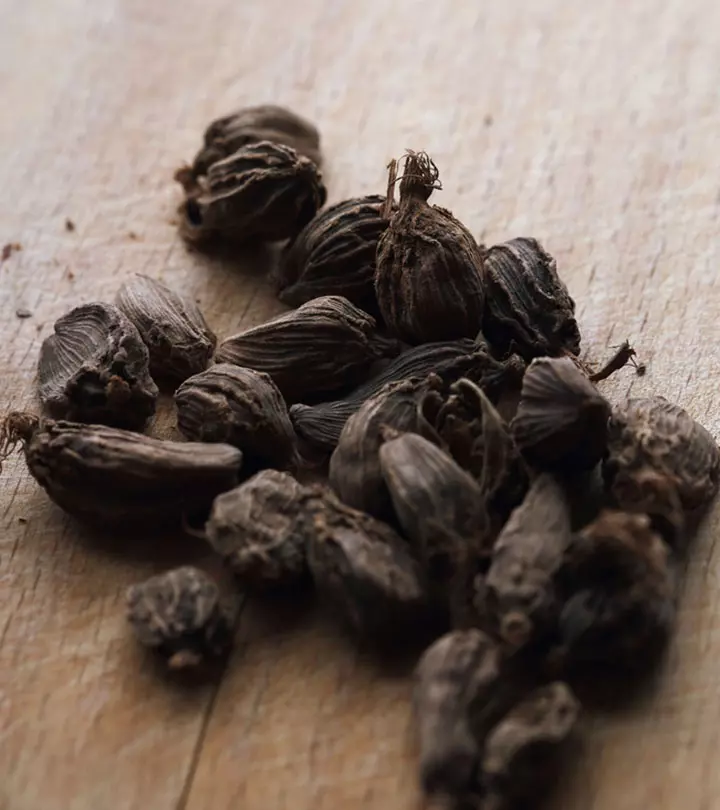
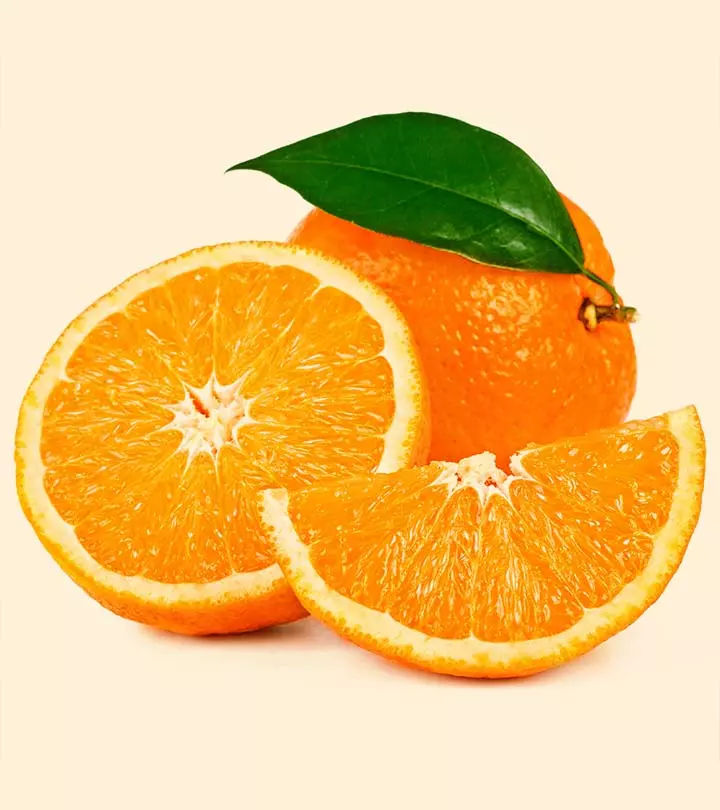
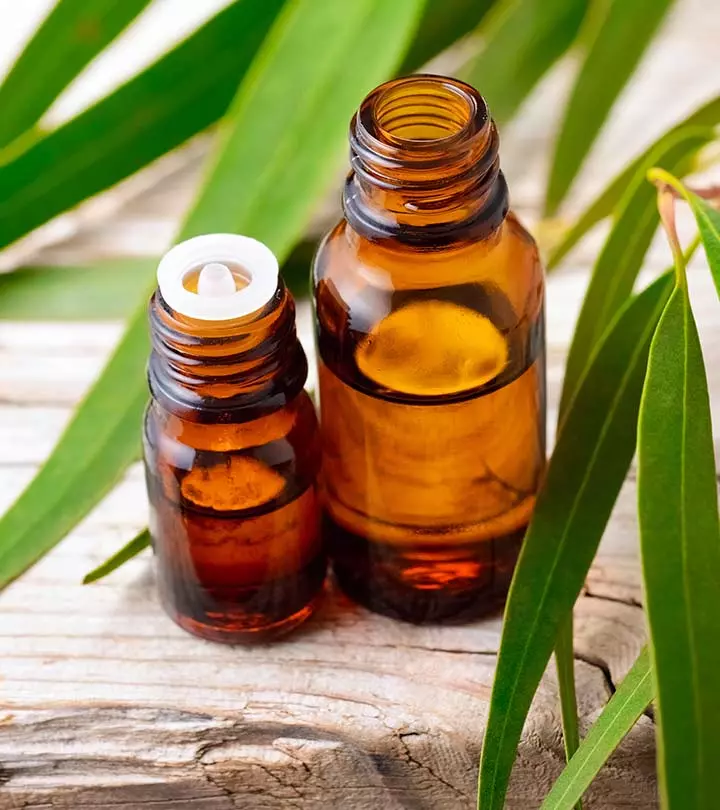


Community Experiences
Join the conversation and become a part of our empowering community! Share your stories, experiences, and insights to connect with other beauty, lifestyle, and health enthusiasts.